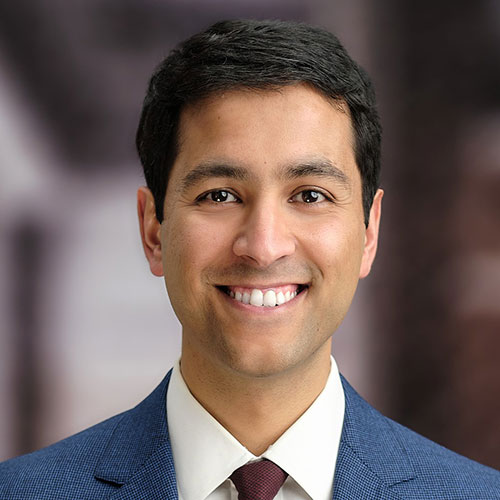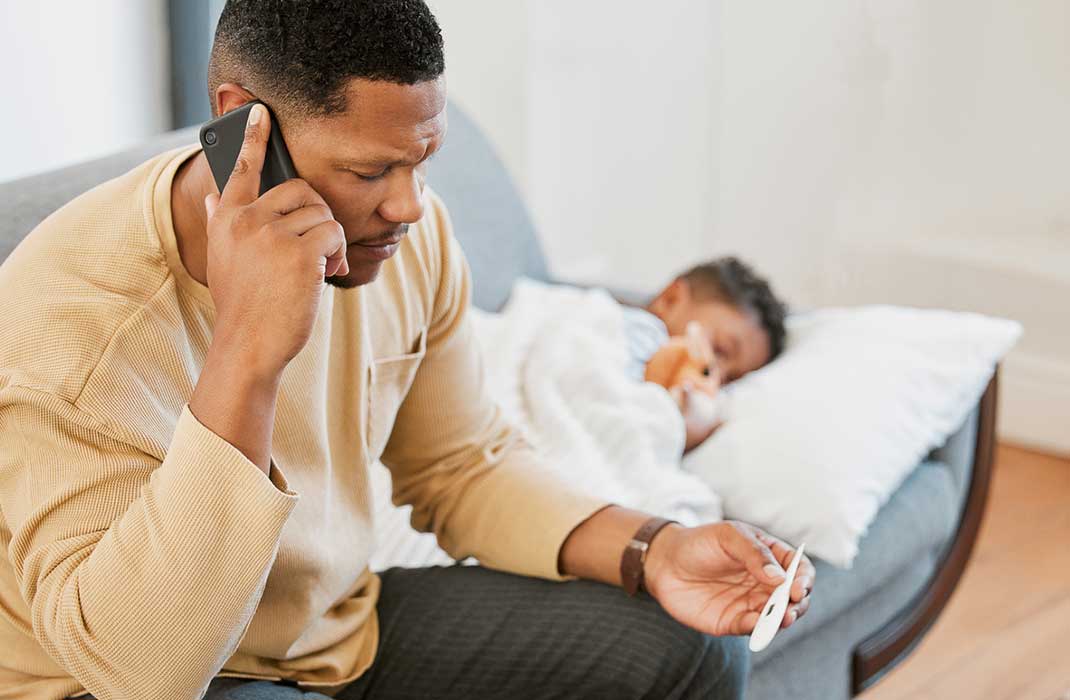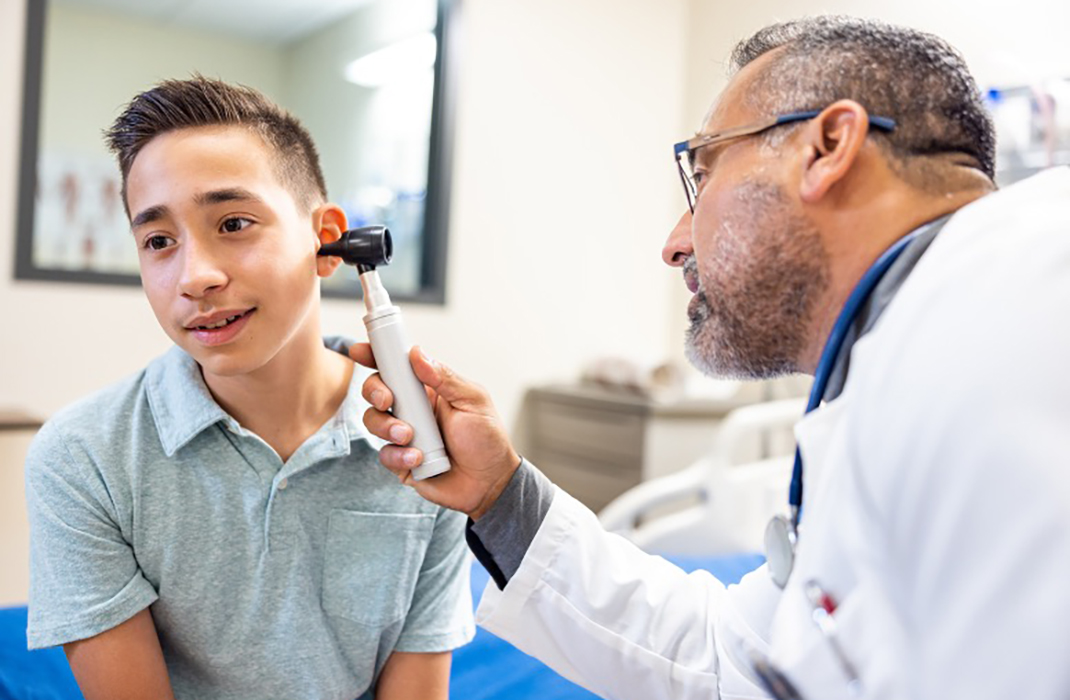-
- Find Care
-
- Visitor Information
- Find a Location
- Shuttles
- Visitor Policies
-
-
- Our Virtual Care Options
- 24/7 Virtual Care
- Virtual Visits for Primary & Specialty Care
- Online Second Opinions
- Participate in Research
-
- Contact us
-
- For Innovators
- Commercialization Guide for Innovators
-
-
- Research News
- Alzheimer's Disease
- Artificial Intelligence
-
- Overview
-
- Overview
- Getting Started
- New to Mass General Brigham
- International Patient Services
- What Is Patient Gateway?
- Planning Your Visit
- Find a Doctor (opens link in new tab)
- Appointments
- Patient Resources
- Health & Wellness
- Flu, COVID-19, & RSV
- Billing & Insurance
- Financial Assistance
- Medicare and MassHealth ACOs
- Participate in Research
- Educational Resources
- Visitor Information
- Find a Location
- Shuttles
- Visitor Policies
- Find Care
-
- Overview
- Our Virtual Care Options
- 24/7 Virtual Care
- Virtual Visits for Primary & Specialty Care
- Online Second Opinions
-
- Overview
- Participate in Research
-
- Overview
- About Innovation
- About
- Team
- News
- For Industry
- Venture Capital and Investments
- World Medical Innovation Forum (opens link in new tab)
- Featured Licensing Opportunities
- For Innovators
- Commercialization Guide for Innovators
- Contact us
-
- Overview
- Information for Researchers
- Compliance Office
- Research Cores
- Clinical Trials
- Advisory Services
- Featured Research
- Two Centuries of Breakthroughs
- Advances in Motion (opens link in new tab)
- Brigham on a Mission (opens link in new tab)
- Gene and Cell Therapy Institute
- Research News
- Alzheimer's Disease
- Artificial Intelligence
-
- Overview
-
- Overview
- Residency & fellowship programs
- Brigham and Women's Hospital
- Massachusetts General Hospital
- Mass Eye and Ear
- Newton-Wellesley Hospital
- Salem Hospital
- Integrated Mass General Brigham Programs
- Centers of Expertise
- Global & Community Health
- Health Policy & Management
- Healthcare Quality & Patient Safey
- Medical Education
- For trainees
- Prospective trainees
- Incoming trainees
- Current trainees
- Continuing Professional Development
Urgent Care for Headache

Headaches are common, but they’re not all created equal. Some feel like a dull ache—annoying but manageable. Some cause overwhelming pain that can prevent you from functioning. Others fall somewhere in between.
When should a headache send you to urgent care or to the emergency room? Ronak V. Shah, MD, medical director of Mass General Brigham Urgent Care, discusses common types of headaches and offers guidance about when and where to seek care.
Types of headaches
The most common types of headaches evaluated at urgent care fall into one of three categories:
- Sinus headaches accompany an infection of the sinuses. They usually occur along with nasal congestion and sinus pressure.
- Tension-type headaches result from multiple factors, including stress. They’re associated with tight muscles in the head, neck, or jaw and typically feel like a tight band of dull pain around your head. “Tension headaches can last anywhere from 30 minutes to a week,” Dr. Shah says. “But they tend to cause milder pain that allows you to remain pretty functional.”
- Migraine headaches cause severe, throbbing pain. They often occur with other symptoms like nausea or sensitivity to light and sound. Sometimes, they’re preceded by visual changes known as an aura. They can last from 4 hours to 3 days, and they usually get worse if you move. These are the types of headaches that usually send people to urgent care or the emergency room. “Migraines can be debilitating,” Dr. Shah says.
When to go to the emergency room for headaches
Rarely, a headache may be a sign of a medical emergency, such as a stroke or brain aneurysm. Go to the emergency room if your headache is associated with any of these symptoms:
- Loss of vision
- High fever
- Confusion
- Numbness or weakness
- Sudden onset of a severe headache that comes out of nowhere, sometimes called a “thunderclap” headache
Medical care for headaches
What should you do when you have a headache that’s not an emergency?
“There are a few things you can try at home,” Dr. Shah says. He recommends taking an over-the-counter pain medication like ibuprofen or acetaminophen, following the instructions on the label. And make sure you’re well hydrated, since dehydration can make headaches worse.
If you still have pain, call your primary care provider (PCP). Many Mass General Brigham primary care practices for adults and children offer same-day visits, both in-person and virtual visits.
“It’s always a good idea to check in with your PCP first—or with your neurologist or headache specialist, if you are already being treated for headaches,” Dr. Shah says. Your doctor's office can recommend next steps and assist with any urgent issues.
If you don’t have a PCP or no appointments are available, you can go to urgent care. Another helpful option is Mass General Brigham Virtual Urgent Care. It’s open to all patients ages 3 and up, even if they haven’t seen a Mass General Brigham provider before. Both new and current patients can schedule a virtual urgent care visit for that day or the next day on Mass General Brigham Patient Gateway.
“Virtual urgent care can be a great option if you aren’t sure what your next step should be,” Dr. Shah says. “It’s a way to talk to a trained medical professional to help you decide whether you can try home remedies or if you need to be seen in urgent care or the emergency room.”
Can urgent care treat migraines?
To diagnose problems associated with headaches, in-person urgent care providers can perform tests including:
- Physical exam including vital signs
- Neurologic exam
- Testing strength, gait, and reflexes
- Testing sensory functions (like vision and hearing)
- Assessing for meningitis or other infections
In-person urgent care providers can give medications, including a “migraine cocktail”—a combination of shots to treat migraine pain. These vary, but generally include a high-dose non-steroidal anti-inflammatory drug (NSAID), and an anti-nausea medication. Both virtual and in-person urgent care providers may also prescribe medications, especially if you already have a diagnosis of chronic headaches and just need help with pain control.
“If you don’t have any of the “red flag” symptoms that indicate an emergency, urgent care is a great option for managing headaches,” Dr. Shah says.

Contributor
Contributor
Related articles
-

published on
-

published on
-

published on
-

published on
-

published on
-

published on
-

published on
-

published on
-

published on